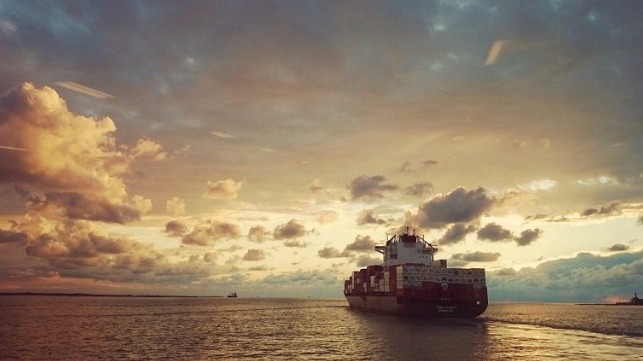ICS Renews Call for Bunker Fuel Carbon Levy

The International Chamber of Shipping warned Wednesday that the industry risks running out of time if it does not institute a self-imposed levy for alternative fuels research. ICS cautions that technologically mature solutions for carbon-neutral bunkering do not currently exist, and it advocates a $2 per tonne charge on bunker fuel sales to support research on next-generation fuels - for example, "green" ammonia and hydrogen.
Like others, ICS expects that large R&D investments will be required to bring these alternatives to market, and soon. In order to reach the IMO 2050 goal of halving emissions from shipping, the association says that commercially ready zero-carbon fuels must be available by 2030.
“The reality is that companies need a centralized fund that can catalyse an intense injection of R&D investment to turbocharge projects. Without it we are not going to achieve zero-emission shipping," said ICS Secretary General Guy Platten in a statement. “The scale of the financial challenge is as great as the technical challenge. We need certainty and action to avoid the approaching financial iceberg as we set course for a zero-carbon future.”
ICS' proposed levy would generate billions of dollars in funding, but it is substantially less than the price of EU Emissions Trading System (ETS) carbon credits, which are currently trading in the range of $30 per tonne of CO2 equivalent (roughly $90 per tonne of bunker fuel). In September, the European Parliament voted to include intra-European shipping in the regional ETS regulation by 2022; the change is not yet finalized and is not expected to apply to overseas vessel traffic.
In a recent study, commodity trading house Trafigura calculated that an effective initial carbon levy on shipping would be priced in the range of $250-300 per tonne of CO2 equivalent ($750-$900 per tonne of bunker fuel), declining over time as low-carbon alternatives become more economically competitive. Trafigura's proposal calls for directing the majority of the proceeds to subsidize "green" fuels and fuel infrastructure, with a smaller portion for R&D.
